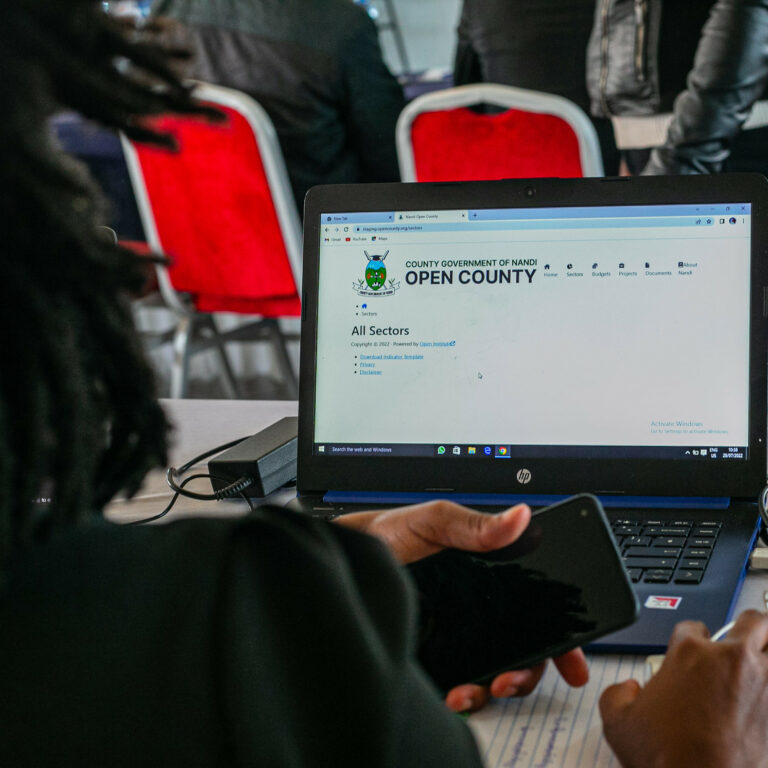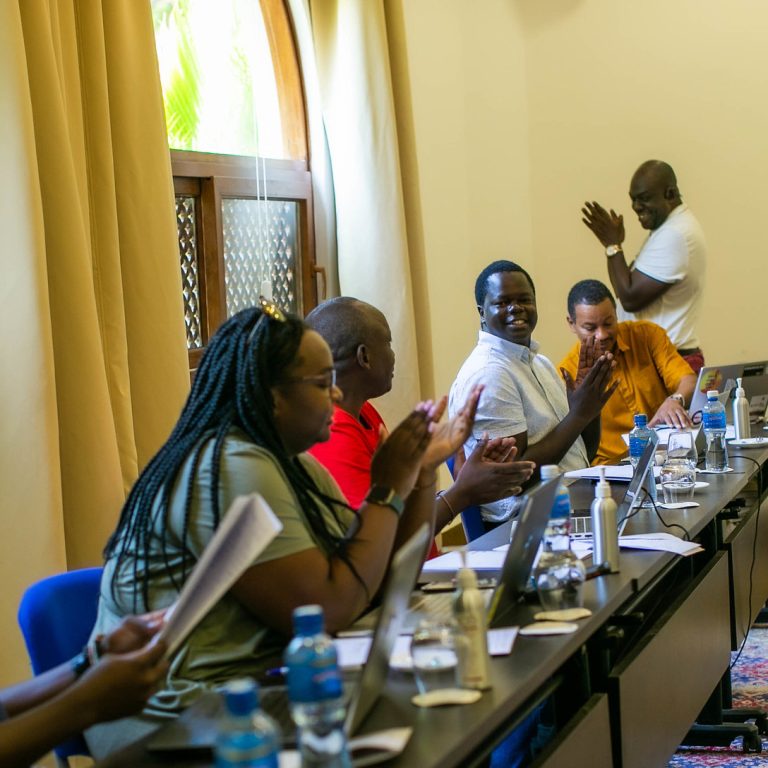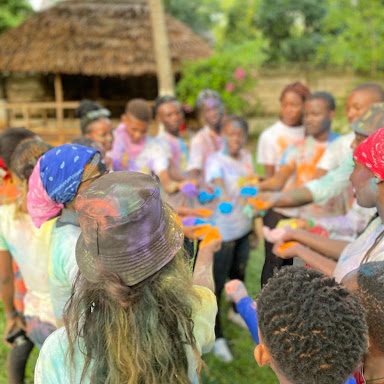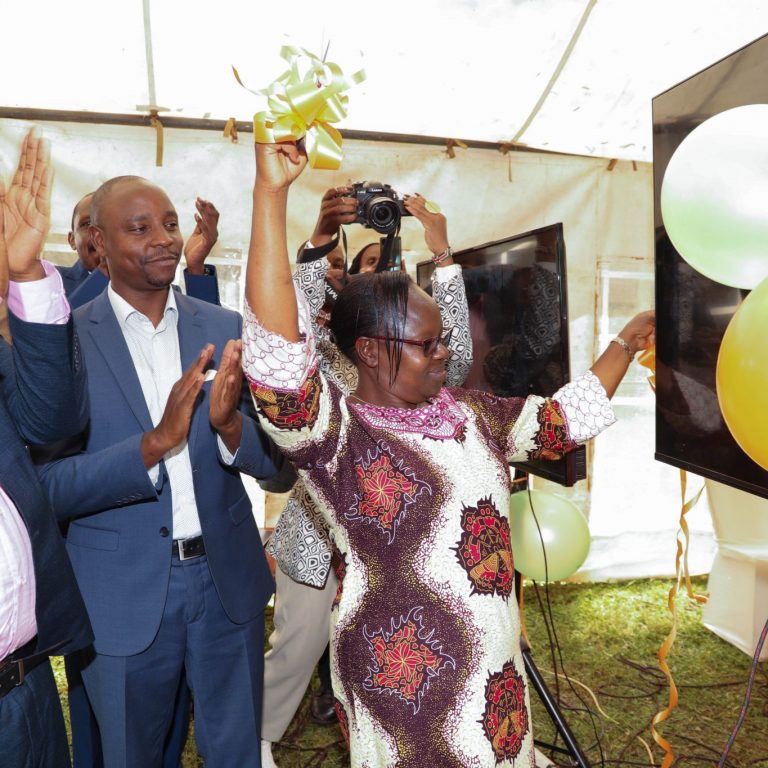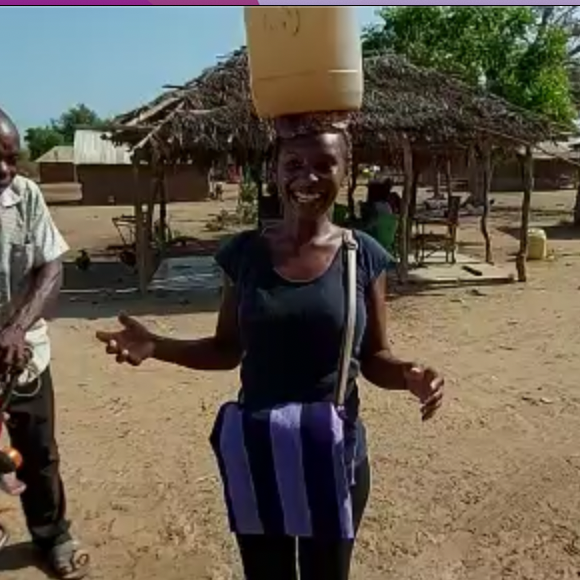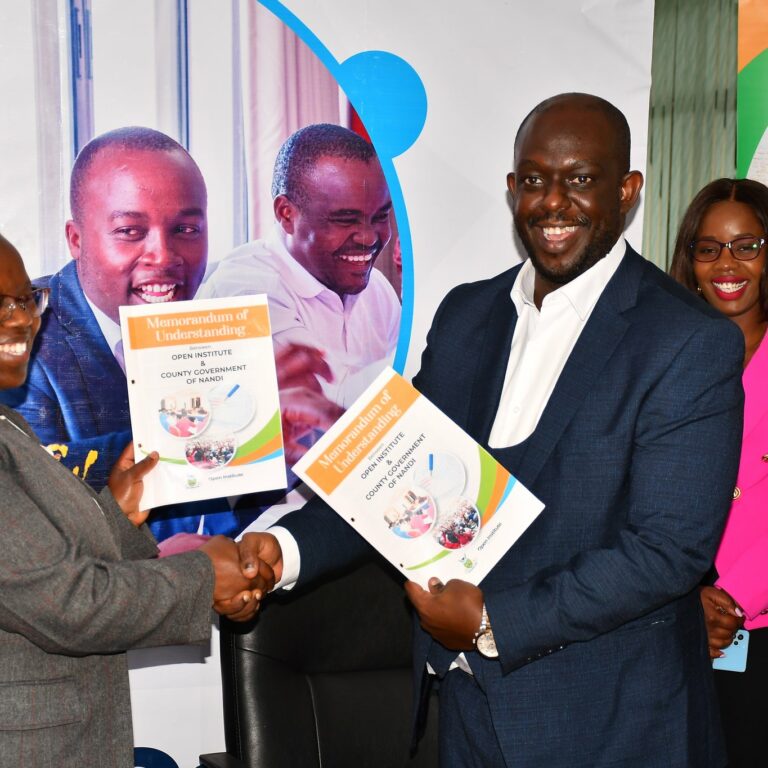About Ability
The Ability Project aims to gather data around the Nairobi Central Business District and clearly mark out how accessible these every day environments really are, by using the globally recognized concept of Universal Design as our compass. As explained by the Center for Excellence in Universal Design at the Irish National Disability Authority (NDA),“Universal Design is the design of a building, place, product Service or technology so that they can be accessed, understood and used to the greatest extent possible by all people regardless of their age, size, ability or disability.”
The Challenge
According to research gathered by the Ability Programme, Nairobi, Kenya’s capital, is highly inaccessible. The programme set out to record what we believe are the most basic factors that prevent the disabled community from functioning within their environments on a daily basis like:
- How easy is it to walk around the CBD if you have a disability?
- Is it easy to enter and move around throughout private and public buildings/ spaces?
- Do these places, at the very least, have simple accessibility features that are in good enough repair for someone with a disability to use on their own?
Together with a team of 40 volunteering university students trained, equipped to collect accurate data inside and outside every building, of every street in the 17 zones that were covered in Nairobi’s Central Business District, the spaces were mapped and the data compiled into an OpenStreetMap. The map outlines the level of accessibility of each of these zones.
MapAbility also shows that while some buildings may have accessibility features such as ramps and lifts for instance, they still have a long way to go in terms of making these features user-friendly. Some ramps were too steep, lifts did not work or have auditory prompts and braille, hallways had no clear signage and stairwells were not safe for all. While many streets had pavements, these pavements had uneven flooring, potholes, obstructions such as business sign boards, no tactile paving or working traffic lights.
Our Goals
The Ability Programme exists to advocate for the rights of Persons With Disabilities (PWDs) in line with the UN Convention on the Rights of Persons with Disabilities (CRPD), as well as SDGs 10 and 11. The aim of the programme is to show the challenges in bite-size chunks surrounding accessibility, or lack thereof, in the Nairobi CBD in order to prompt the start of a much wider discourse about sustainable solutions. Ability seeks to use data to eradicate the discrimination and inequities faced by PWDs in three main focus areas:
Accessibility
Behaviour
Citizen Awareness
Outcomes that we hope for
- To continue working toward the realisation of the rights of persons with disabilities through advocating for safe, inclusive and sustainable infrastructure and transport in Africa.
- To submit recommendations and collaborate in the development of laws, policies and best practices within the private and public sector that can be scaled up, implemented across urban and rural areas then replicated across different parts of Africa.
- To lessen the barriers faced by persons with disabilities in the built environment, so that every person no matter their ability or disability, can freely enjoy their human rights and live a dignified life without fear of discrimination.
The Ability Team
Crystal Asige
Programme Manager, Ability
Benjamin Charagu
Operations & Programme Director
Stay up to date
Follow our latest updates featuring highlights of our work
Ability Videos
Be in the know
Follow our latest stories from our blog
Our Partners
Partners and friends who helped us realize our mission for this project.

